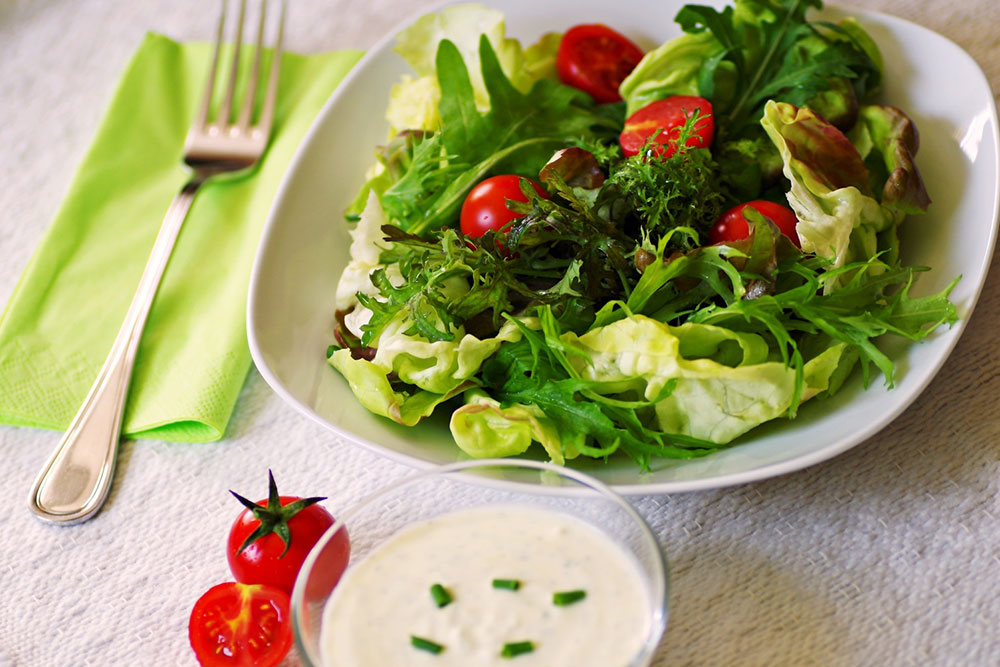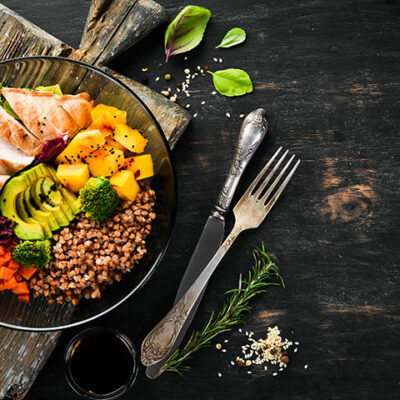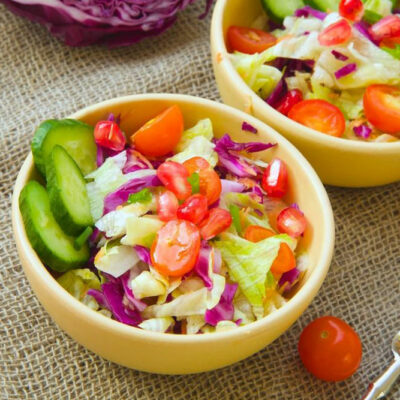
Best diet options to manage gallstones
Gallstones are hardened deposits of digestive fluids which can form in the gallbladder, which is a small pear-shaped organ on the right side of the abdomen, just below the liver. Gallstones vary in size; they can be as small as a grain to as large as a golf ball. They usually form when there is too much cholesterol in the bile. Some people might develop just one gallstone, whereas others may develop many gallstones at the same time. Gallstones are not actually stones; they are pieces of solid material formed in the gallbladder, which might not even be noticed until they block the bile duct, causing severe pain.
They are categorized into two parts namely cholesterol stones and pigment stones. Gallstones that don’t cause any specific signs and symptoms typically don’t need any treatment, whereas individuals experiencing continuous signs and symptoms of the same might require gallbladder removal surgery as well.
Best diet options to manage gallstones
Gallbladder, being a sensitive organ, requires a healthy diet full of nutrient dense foods to be in perfect and healthy condition. While some food items can protect and promote a healthy gallbladder, others might increase problems like inflammation or gallstones. So it is very important to eat a gallbladder-healthy diet which is easy to digest and keep the problem-causing food items at bay to prevent gallstones.
Gallbladder friendly diet
Some of the gallbladder friendly food items include fresh fruits and vegetables, whole grains (like whole wheat bread, brown rice, oats, bran cereal), lean meat, poultry, fish, low-fat dairy products, bell peppers, citrus fruits, tomatoes, milk, sardines, shellfish, beans, nuts, lentils, dark-green leafy vegetables, tempeh, and tofu. Food items rich in vitamin C, calcium or vitamin B are always considered great options for gallbladder. It is always advisable to eat more of plant-based protein to prevent any type of gallbladder disease or gallstones.
Food items to avoid
Food items like fried foods, highly processed foods (like doughnuts, pie, cookies), whole-milk dairy products (like cheese, ice cream, butter), fatty red meat, vegetable oil, peanut oil, foods high in fat, refined white food items (like bread, pasta), food items with trans fat and sugar should be either avoided or limited to minimum for keeping the gallbladder healthy. It is very important to maintain a safe distance from alcohol and tobacco.
It should be a priority to keep the gallbladder healthy for proper digestion of food and to avoid situations like gallstones or other related complications.
The risk of gallstones can be reduced by taking certain preventive measures as well. These basic lifestyle measures include losing weight slowly as a rapid loss can increase the risk of gallstones, maintaining a healthy weight as obesity or being overweight can increase the chances of gallstones and not skipping meals as skipping any major meal or fasting might affect the digestive system, leading to the risk of developing gallstones.


